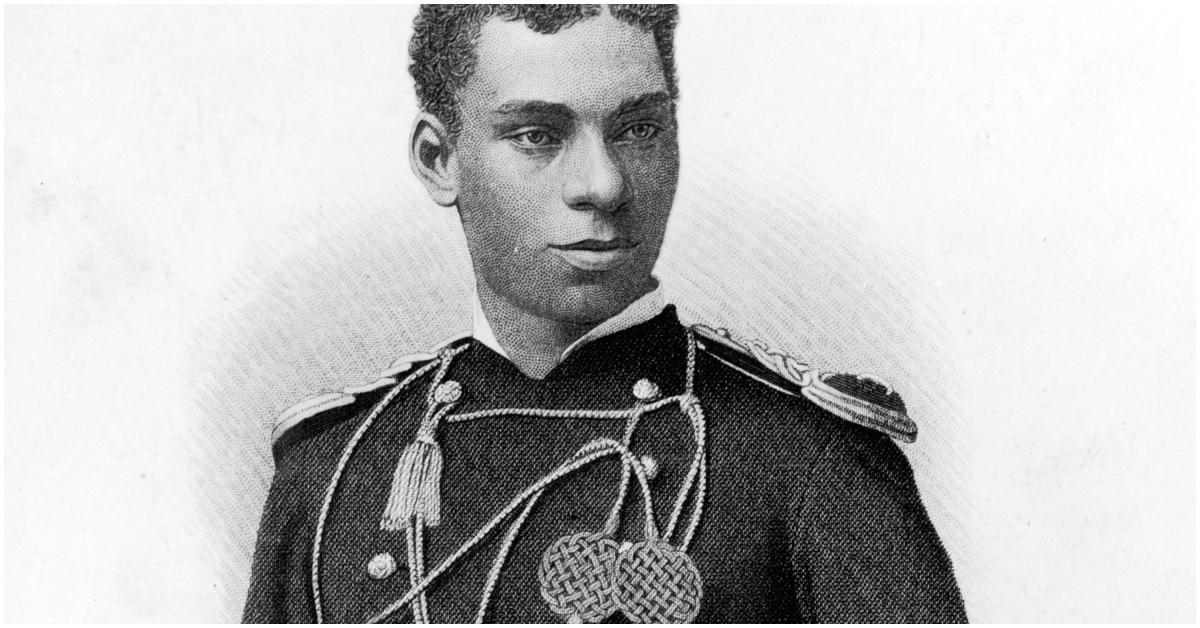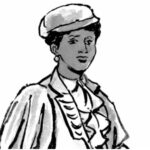Trailblazing Journey from Slavery to West Point Graduation
Henry Ossian Flipper’s life story is a testament to the power of resilience and determination. Born into slavery in Thomasville, Georgia, in 1856, Flipper overcame immense adversity to become the first African American to graduate from the prestigious United States Military Academy at West Point in 1877.
“Enduring racial slurs and discrimination from other cadets, Flipper studied civil engineering and Spanish, two subjects that would serve him well in the Southwest later in life,” the article notes, highlighting the challenges Flipper faced during his time at West Point.
Pioneering Career as the Army’s First Black Officer
Upon graduating, Flipper was commissioned as a second lieutenant and joined the 10th Cavalry, one of the famous “Buffalo Soldier” regiments. He made history once again by becoming the first African American officer in the regular U.S. Army, a remarkable achievement given the prevailing racial attitudes of the time.
“Graduating in 1877, Lt. Flipper distinguished himself as the first black graduate of West Point, ranking 50th of the 76 cadets in the class,” the article states, underscoring Flipper’s academic excellence and military prowess.
Wrongful Dismissal and the Fight for Redemption
Flipper’s military career, however, was cut short when he was court-martialed in 1881 on charges of embezzlement, a decision many believed to be racially motivated.
Despite being acquitted of embezzlement, Flipper was found guilty of “conduct unbecoming an officer” and dishonorably discharged from the Army.
“Although the judge advocate general of the Army concluded Flipper had been wronged because of his race, then President Chester A. Arthur upheld his conviction,” the article reveals, underscoring the injustice Flipper faced.
A Life of Resilience, Expertise, and Perseverance
After his dismissal, Flipper went on to have a successful career as an engineer, Spanish translator, and government advisor.
He worked tirelessly to clear his name, but it would not be until 1976, nearly 36 years after his death, that his records were corrected to reflect an honorable discharge.
“Flipper traveled up the Rio Grande to the El Paso-Chihuahua area. He worked as a clerk in a steam laundry, but in 1883 Henry became a land surveyor with the American Land Company of Chihuahua,” the article details, highlighting Flipper’s diverse professional accomplishments.
Recognizing a True American Hero
Today, Flipper’s legacy continues to inspire and his name is revered. West Point annually presents the Henry Flipper Award to honor a cadet who has distinguished themselves despite unusual circumstances, and his story has been featured in television dramas and documentaries.
“Only a President could set aside his conviction, however. Now that Clinton had done that, the rest of America is also beginning to learn about this extraordinary man who has received many posthumous awards,” the article concludes, emphasizing Flipper’s enduring impact and the recognition he has received.





